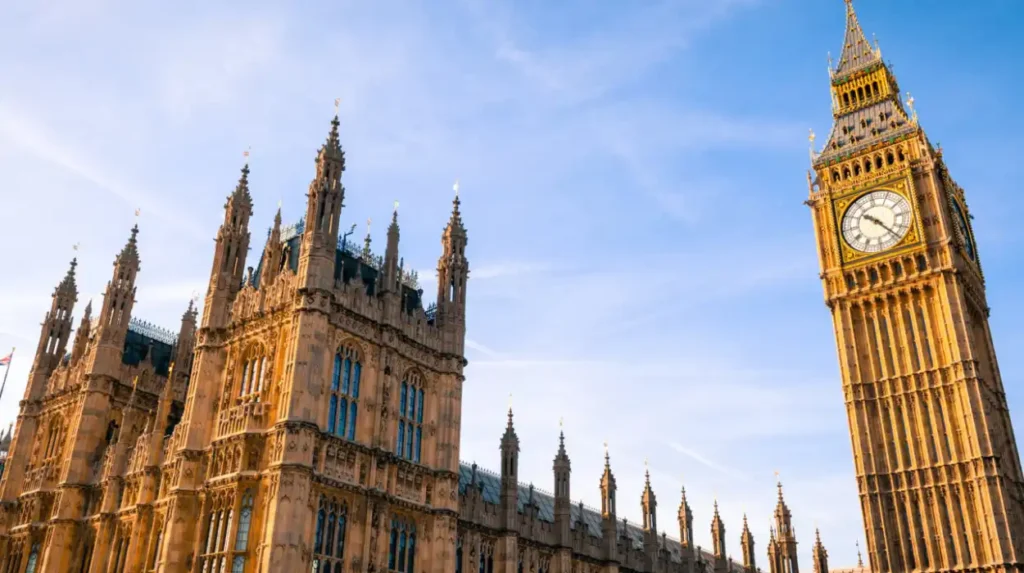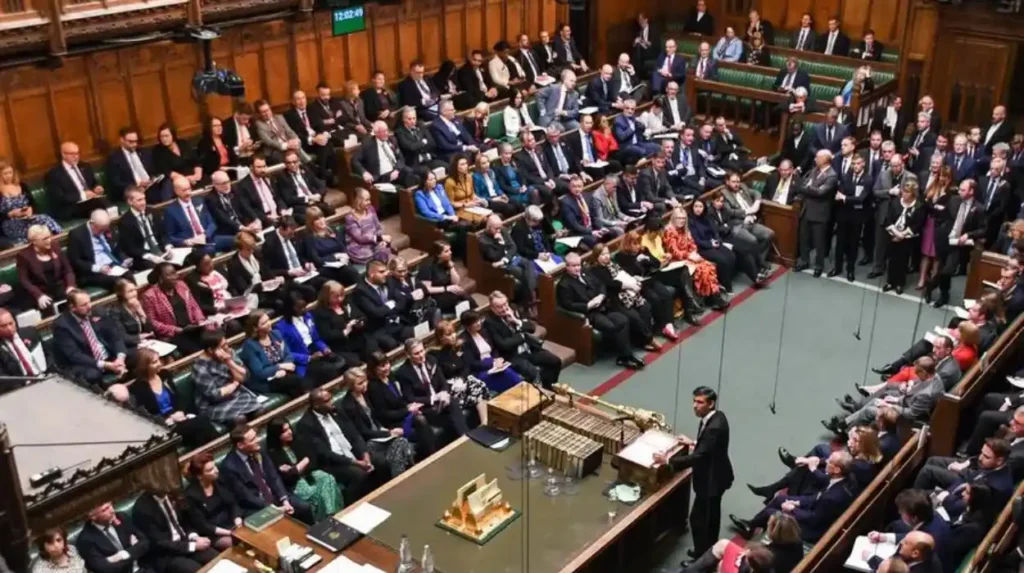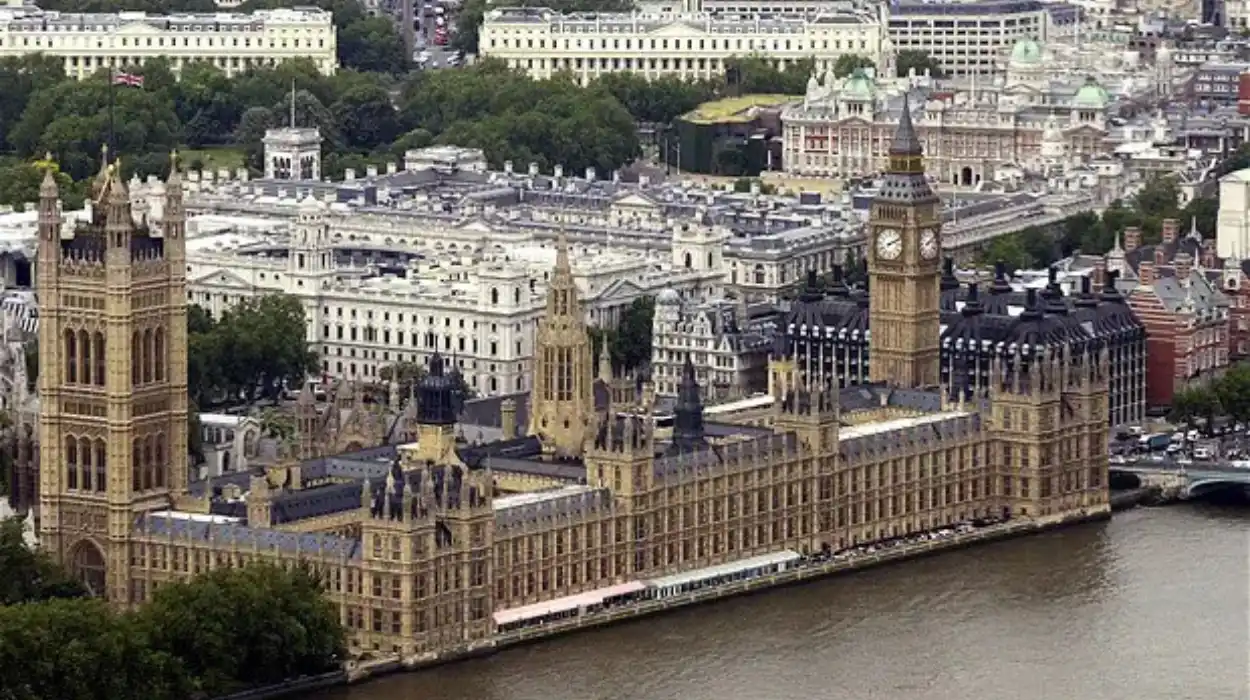The UK has a distinctive constitutional system composed of unwritten conventions, traditions of parliament, and re-written shared reforms. One of the widely discussed principles is the Salisbury Convention, a principle that governs the relationship between the two houses of Commons and Lords and is very much in a state of transformation as reform has changed parliament over the past hundred years and raises whether the Salisbury Convention has maintained its authority and relevance in terms of practice in contemporary governance.
Origin of the Salisbury Convention
The Salisbury Convention began towards the end of WWII in 1945, at a time when the Labour government, under Clement Attlee, secured a large majority in the House of Commons, where the House of Lords was predominantly Conservative peers, and the Labour government faced a potential obstacle to its radical reform agenda. To avoid legislative gridlock, Lord Salisbury, then Conservative Leader in the Lords, agreed that the Upper Chamber would not block government bills that had been explicitly laid out in the winning party’s election manifesto.
This compromise had the two objectives of
- To favor, as far as practicable, the democratic mandate provided with the elected government.
- To maintain the constitutional role of the Lords without preventing governance.
The Salisbury Convention is not a law but an unwritten political convention, which incorporates the point that the House of Lords should not threaten to veto any form of legislation with electoral legitimacy.
Parliamentary Reform and the Salisbury Convention
The relevance of the Salisbury convention has been tested again and again, as parliamentary reform fundamentally changed the way the House of Lords functioned and provided autonomy.
The Life Peerages Act 1958
This reform created life peers, replacing the hereditary peers and changing the makeup of the House of Lords substantially (namely, taking away most of the hereditary peers). This gave the Lords extra legitimacy without contesting the convention directly.
The Parliament Acts 1911 & 1949
These acts are important in our understanding of the convention. They significantly reduced the Lords power from an absolute veto (as Lord Falconer put it) to a delay. Importantly, the convention existed alongside the Acts of Parliament, reinforcing the position of not challenging the primacy of the Commons.
The House of Lords Act 1999
By eliminating most of the hereditary peers, the House of Lords is more politically balanced and arguably more legitimate. This reform raised questions over it was appropriate to continue to apply the Salisbury Convention because the House of Lords was now not dominated by conservatism but was able to claim broader representation.
Constitutional Reform Act 2005
This act opened new opportunities for the modernization of Parliament with the separation of the judiciary from the House of Lords, although not directly impacting the convention, but consolidating the notion that constitutional principles continue to evolve and unwritten conventions like the Salisbury should be looked into again.

The Salisbury Convention in Contemporary Politics
The ways of contemporary 21st-century politics have put the conventions to the test more than they have ever been tested.
Brexit and Parliamentary Tensions
Further transforming Parliament was this law, which separated the courts from the House of Lords. Although it did not directly impact the conference, it underlined the continuous change of constitutional ideas and raised the issue of whether unwritten customs like Salisbury should be reviewed.
Debates on Reform of the House of Lords
Calls for reform of the House of Lords keep causing questions about the Salisbury Convention. Should the Lords be elected or reshaped, the very cornerstone of the conference disintegrates since the Upper Chamber would possess democratic legitimacy of its own.
Party Politics and Manifesto Promises
The increasingly elaborate manifestos, sometimes filled with extensive policy promises, impair the convention’s clarity. Policies like welfare reform, legislation on climate change, or constitutional referendums, for example, are not always clearly described in manifestos, hence leaving uncertain areas about their protection under Salisbury.
Reforming or replacing the Salisbury Convention
Among constitutional academics, the discussion on whether the Salisbury Convention should be modified, replaced, or eliminated still rages on.
Reasons in Support of Transformation
- Legally codifying the convention would offer legal clarity.
- Clarifying its usage during coalition or minority administrations.
- Refreshed to mirror contemporary democratic expectations.
Arguments for Reform
- Codification restricts legislative flexibility.
- The convention’s unwritten character enables political adaptability and negotiation.
- Reform risks destabilizing the fine equilibrium between the Commons and Lords.
Role in Parliamentary Change
There are detractors, the Salisbury Convention continues to be important in guiding legislative reform. It shows how unwritten rules can direct democratic systems yet also demand ongoing review emphasizing the conflict between tradition and reform.
The convention’s purpose is not only to protect manifesto bills; it also embodies a broader principle of respecting electoral mandates while maintaining the revising and scrutinizing capabilities of the House of Lords. Its reveals the reliance of the UK constitution on custom as well as law to change with political circumstances.

The Future of the Salisbury Convention
The debates around Salisbury Convention and other constitutional reforms have highlighted ongoing conflicts in the UK between maintaining tradition and adjusting to democratic change. Created in 1945 to protect the election mandate of the governments of the day, the convention has helped stop potential legislative stalemate and operationalised parliamentary sovereignty. Yet, in light of modern reforms, coalition and minority governments, along with constitutional crises such as Brexit, conveners wonder how much longer the convention will endure.
Some believe that the convention should be formalised or reformed, while others argue that the adaptability of the convention is more of a strength than a detriment. The Salisbury Convention will continue to be significant to the extent that British constitutional mechanics encapsulates to blur the distinctions between law, politics, and traditions, and is a powerful symbol of Britain’s peculiar constitutional architecture. It is difficult to predict whether the convention will continue to inform parliamentary procedure and modern constitutional change, or relinquish its place to new constitutional reforms, but it remains a vital thread within the UK’s unaccountable constitutional evolving mechanism.

